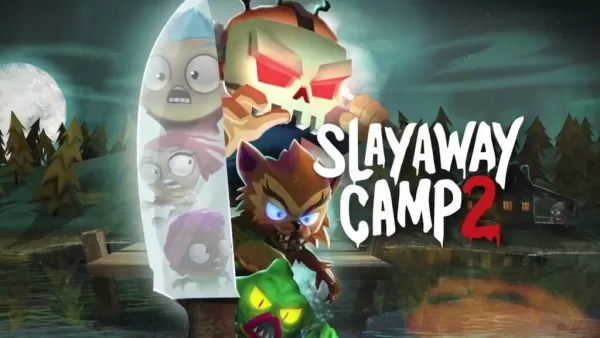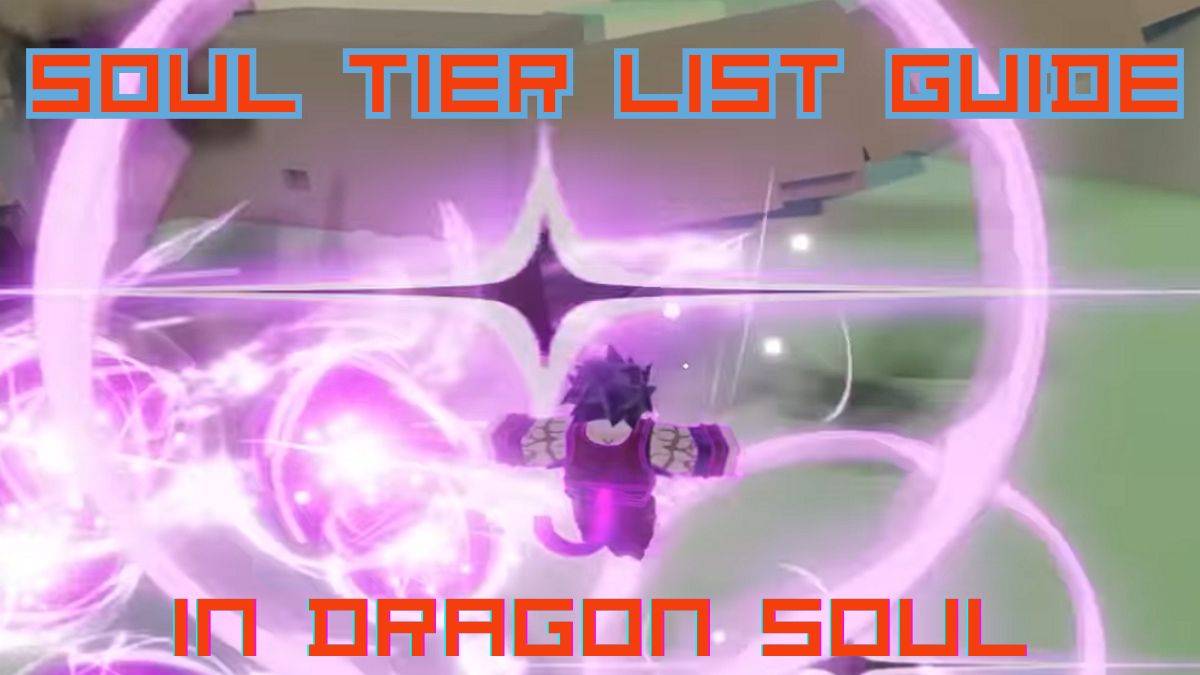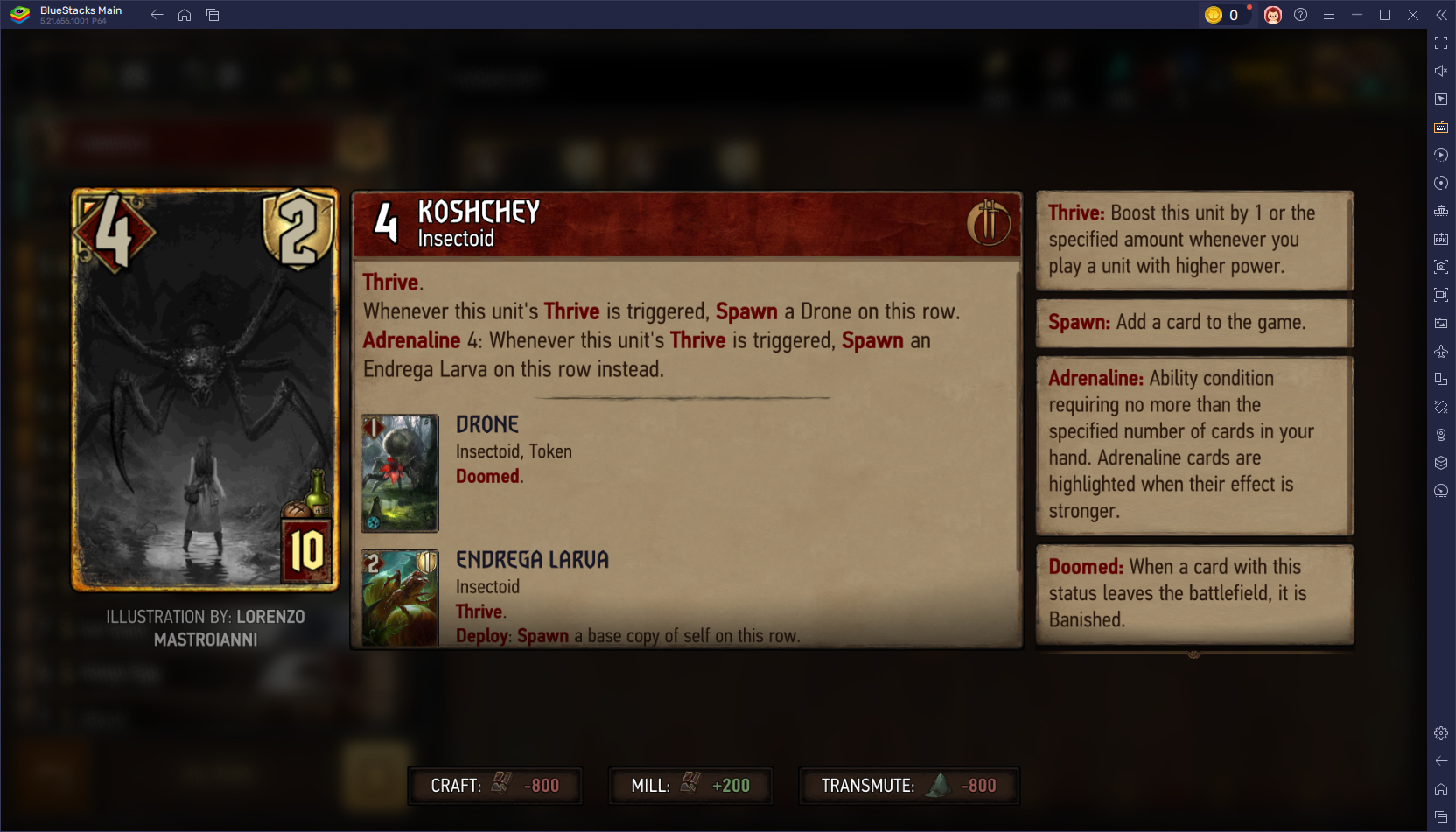"Oblivion's Impact Surpasses Skyrim's, Even Today"
- By Nora
- May 07,2025
Ask most gamers who were around during the Xbox 360 era, and despite the infamous Red Ring of Death, they'll likely reminisce about countless cherished memories. For many, including myself, The Elder Scrolls IV: Oblivion stands out as a highlight. At the time, I was working at Official Xbox Magazine, and although the successful port of The Elder Scrolls III: Morrowind to Xbox didn't quite capture my attention, Oblivion did so instantly. Originally slated as a launch title for the Xbox 360, Oblivion's stunning screenshots had everyone at the magazine buzzing. We dedicated multiple cover stories to it, and I eagerly made several trips to Bethesda's headquarters in Rockville, Maryland, to cover the game's development.
When it came time to review Oblivion, I jumped at the opportunity. This was back when exclusive reviews were the norm. I spent four consecutive, glorious days in a Bethesda conference room, immersing myself in the world of Cyrodiil. I logged 44 hours of gameplay before writing OXM's 9.5 out of 10 review, a score I still stand by today. Oblivion was a masterpiece, brimming with compelling quests like the Dark Brotherhood, unexpected delights like the hidden unicorn, and much more. Since I played a near-final build on an Xbox 360 debug kit, I had to start anew when I received the retail version, but that didn't deter me from diving back in and spending another 130 hours exploring its vast world.
The Elder Scrolls IV: Oblivion Remastered Screenshots
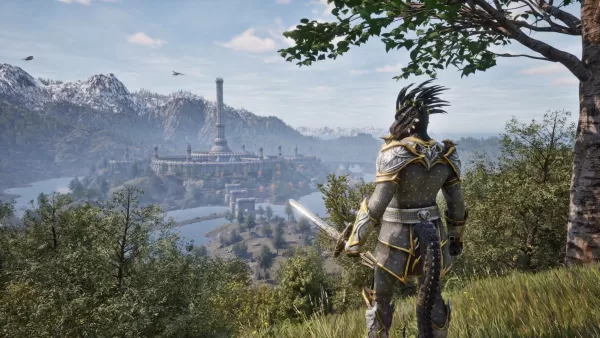
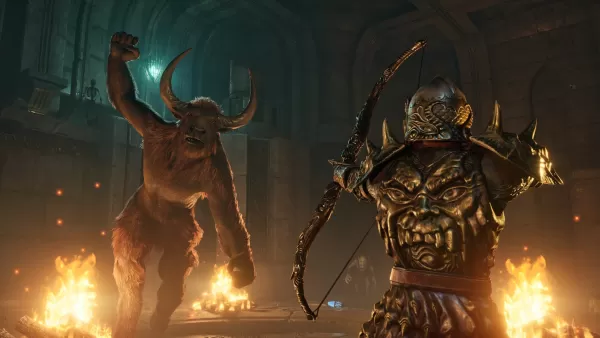 View 6 Images
View 6 Images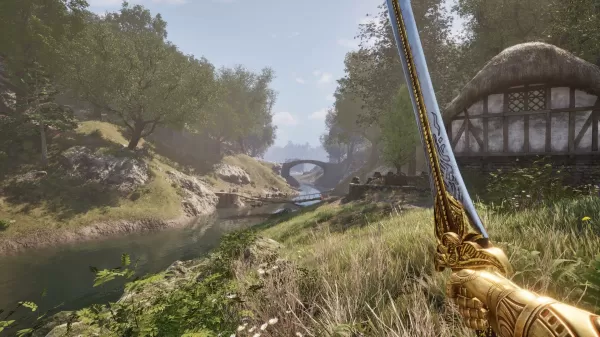
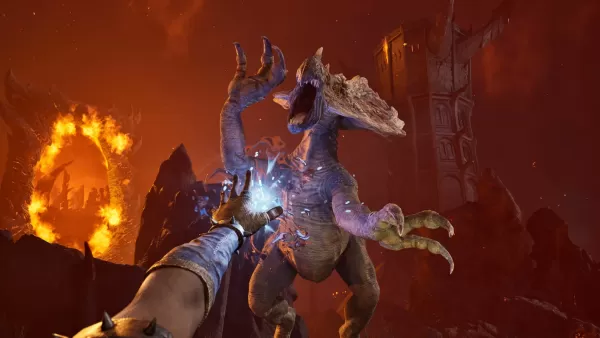
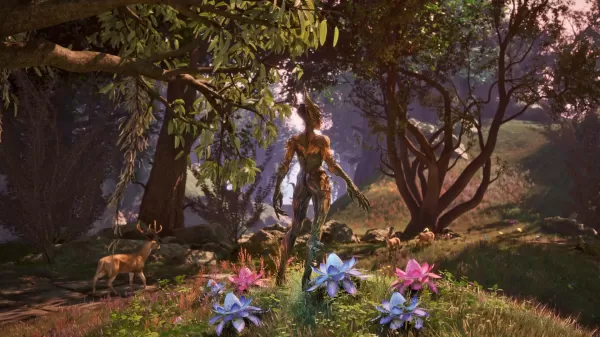
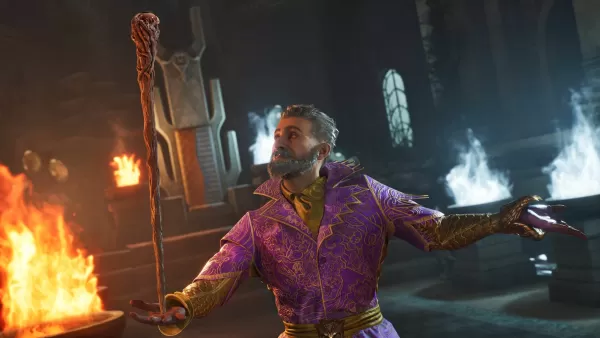
The release of The Elder Scrolls IV: Oblivion Remastered has me thrilled. For younger gamers who grew up with Skyrim, this remaster marks their first "new" mainline Elder Scrolls experience since Skyrim's debut over 13 years ago. As we all eagerly await The Elder Scrolls VI, which is still likely 4-5 years away, this remaster offers a fantastic opportunity to delve into the series' rich history.
While I doubt Oblivion will resonate with younger players the same way it did for me back in March 2006, it remains a groundbreaking title. It was the first true next-gen game of the HD era, setting a new standard for open-world gaming. Though the remaster improves the visuals, it doesn't have the same groundbreaking impact as it did back then, especially with games like Fallout 3, Skyrim, Fallout 4, and Starfield building on its legacy. Remasters aim to refresh older games for modern platforms, contrasting with full remakes like Resident Evil, which are rebuilt from the ground up.
AnswerSee ResultsOblivion was the perfect game at the perfect time, leveraging HD televisions to expand the scope and scale of open-world gaming. It was a revelation for console gamers accustomed to the limitations of 640x480 resolutions. (Though, it's worth noting that just a month before Oblivion's release, EA's Fight Night Round 3 also set a new visual benchmark.)
My memories of Oblivion are filled with discovery and adventure. For those new to the game, I recommend either rushing through the main quest or saving it until you've explored every side quest and activity. The reason? Once you start the main quest, Oblivion gates will begin to spawn, potentially disrupting your exploration.
The leap from Morrowind to Oblivion was monumental, and while such a leap might not occur again, the remaster of Oblivion allows new and returning players to experience its fully realized medieval fantasy world. Whether it's your first time or you've logged hundreds of hours, Oblivion's surprises and adventures have always made it my favorite Elder Scrolls game. I'm thrilled it's back, even if its return was anticipated long before its release.
Latest News
more >-

-
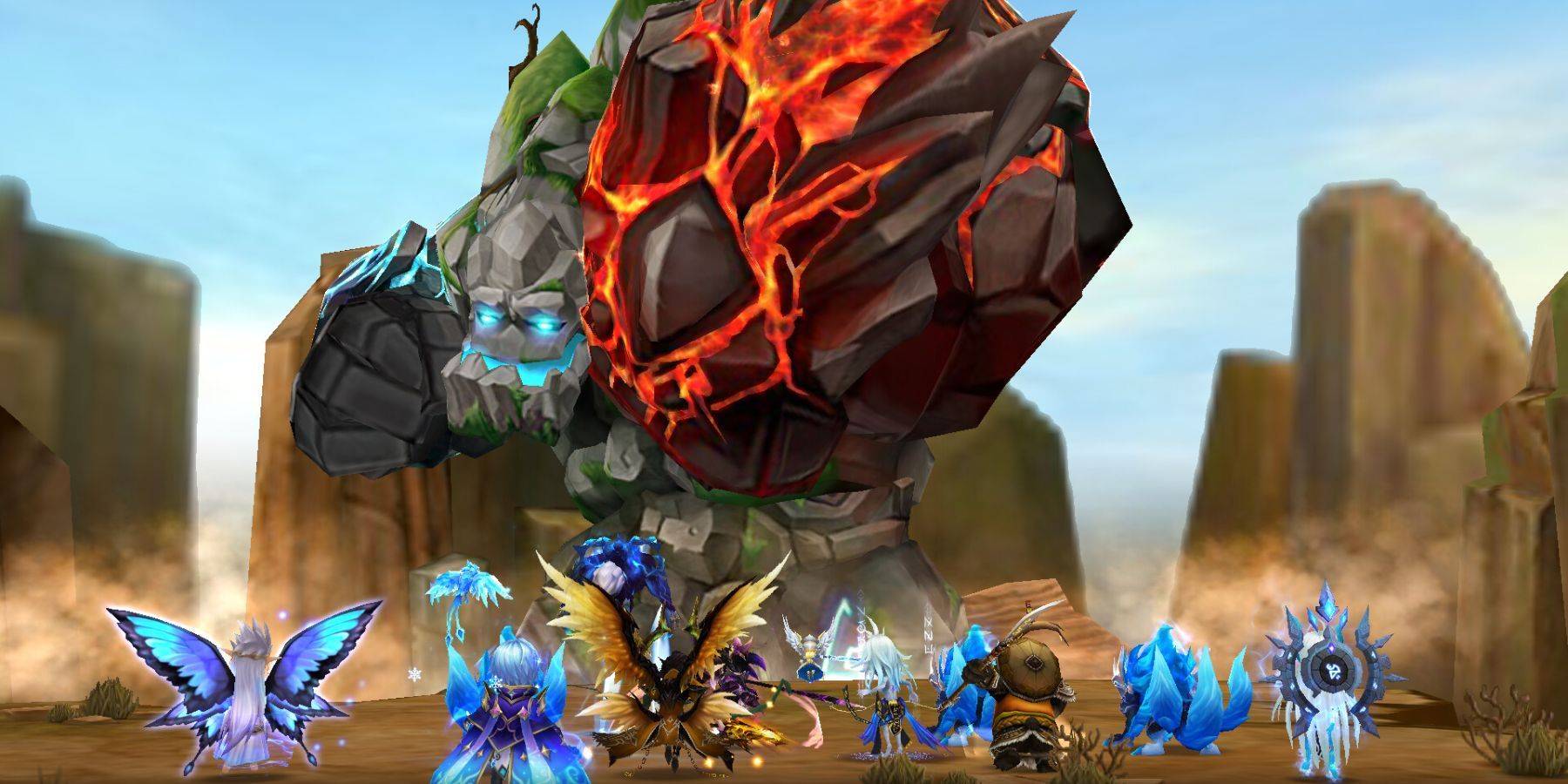
- Jan 2025: New Summoners War Codes Released
- Dec 20,2025
-

-
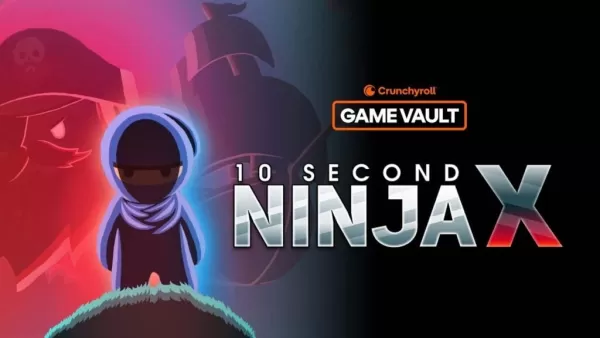
- Crunchyroll Adds 10 Second Ninja X to Android
- Dec 19,2025
-
